The inner game of leadership is all about understanding what makes you tick; how ego, mindset, identity and beliefs drive behaviour and leadership style. That’s because the inner game is always meditating the outer game, creating strengths and shadows. This collection captures some of our favourite content to support your self-discovery to become a better investors, leader and colleague while crafting a career and life you love.
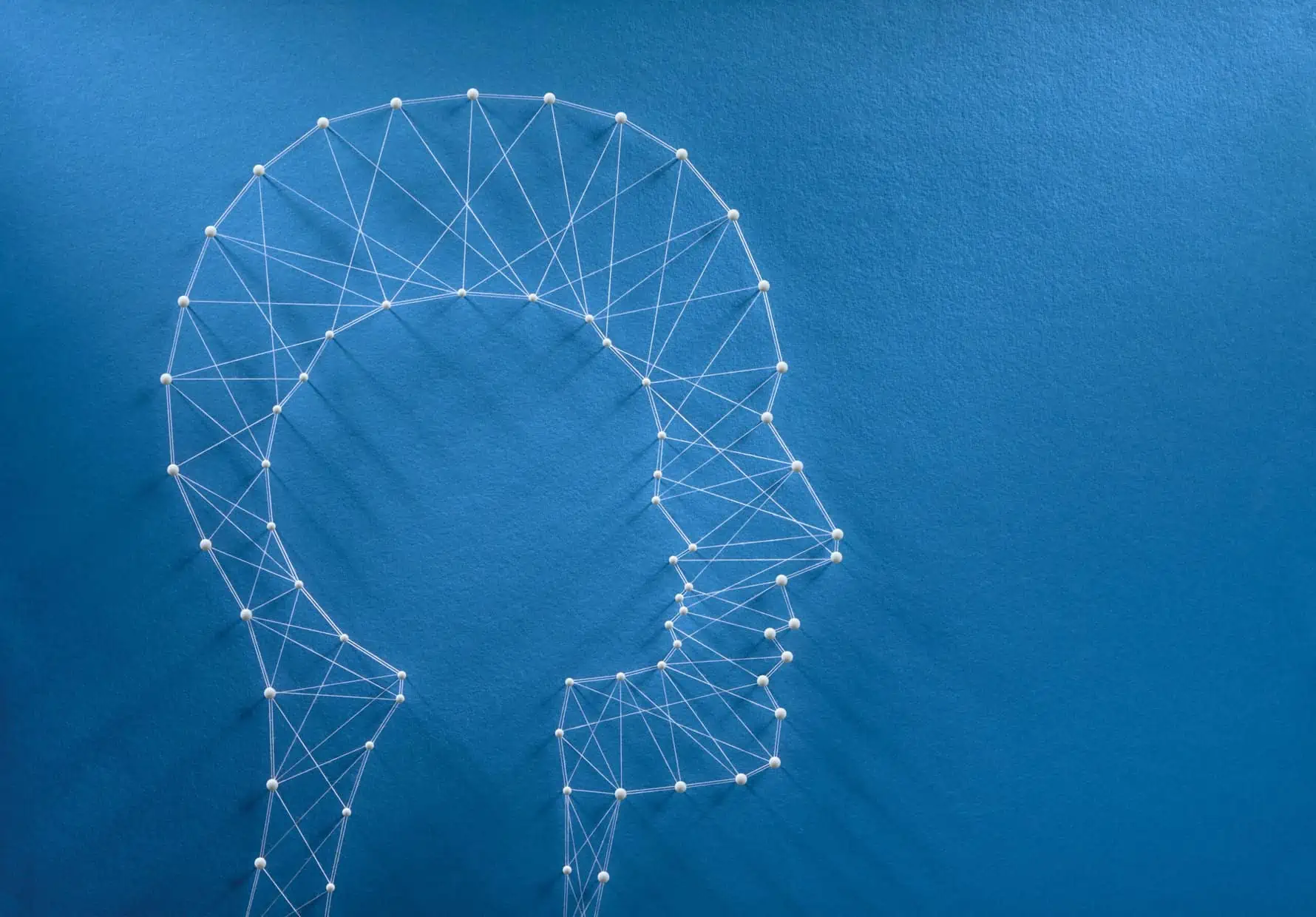
The inner game of leadership is all about understanding what makes you tick; how ego, mindset, identity and beliefs drive behaviour and leadership style. When leaders master their inner game, they can fully express their skills and talents, embrace complexity and build thriving and flourishing teams. In this article, Yolanda Beattie shares her insights on how to best work with your strengths and shadows and the tools available to elevate your leadership impact.
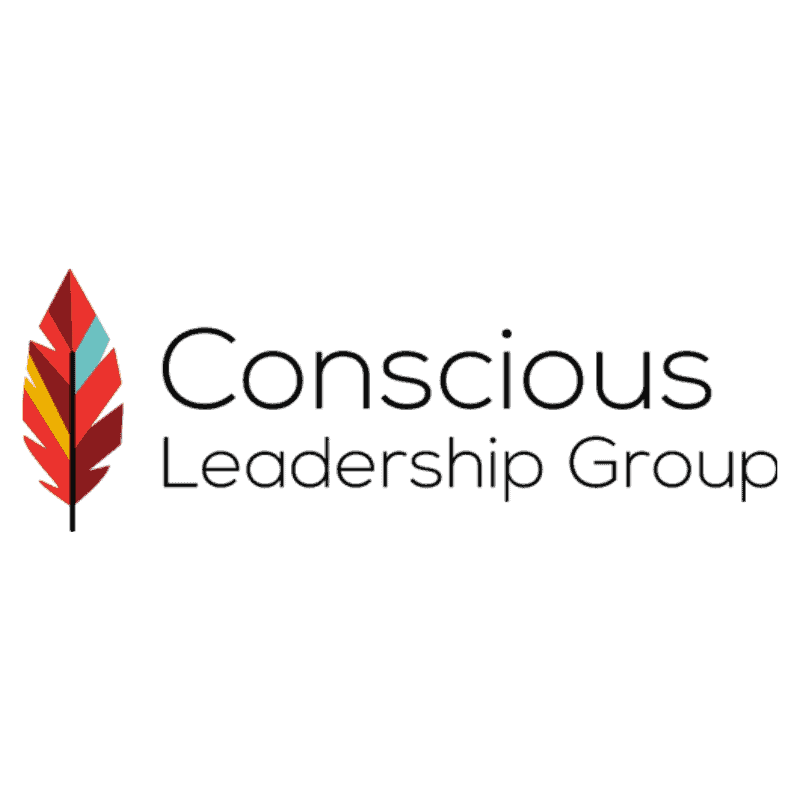
Jim Dethmer, the co-founder of the Conscious Leadership Group, questions whether a leader can be both an intense competitor and a conscious leader by exploring the downsides of a competitive nature; lack of sustainability, relational impact, and disappointment in results, and ways to be competitive from above the line with the benefits of full engagement, motivation, wins for all.
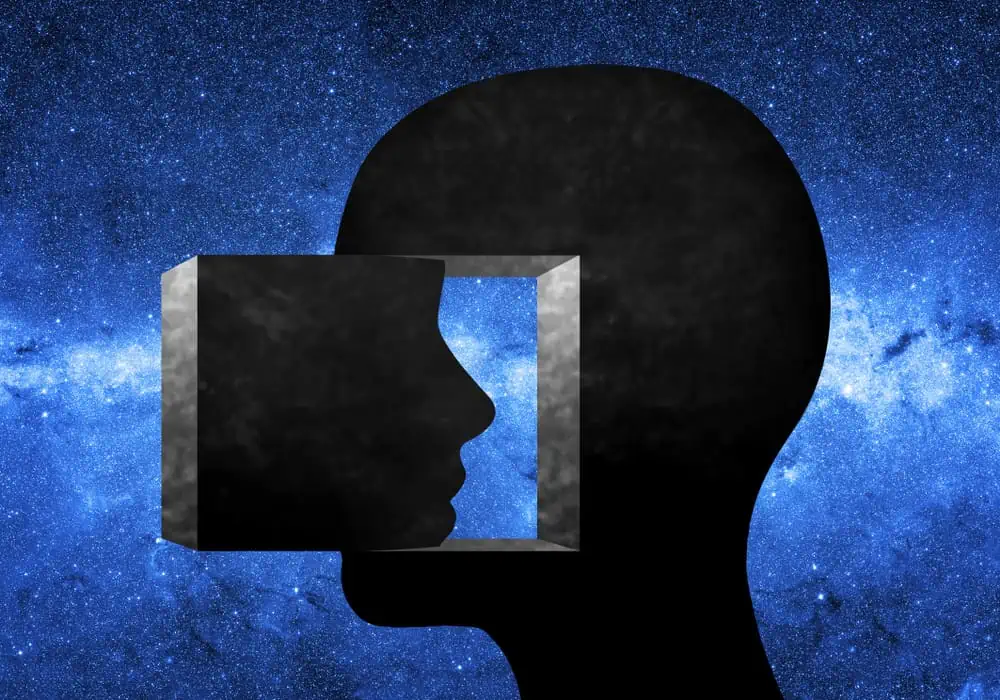
Self-leadership is about improving your personal effectiveness through self-awareness. Download our Inner Game Workbook for frameworks and tools to deepen your self-awareness so you can skilfully work with your strengths and shadows. Explore your dominant personality type and how your thoughts and bahaviours impact the way you show up for yourself and others.
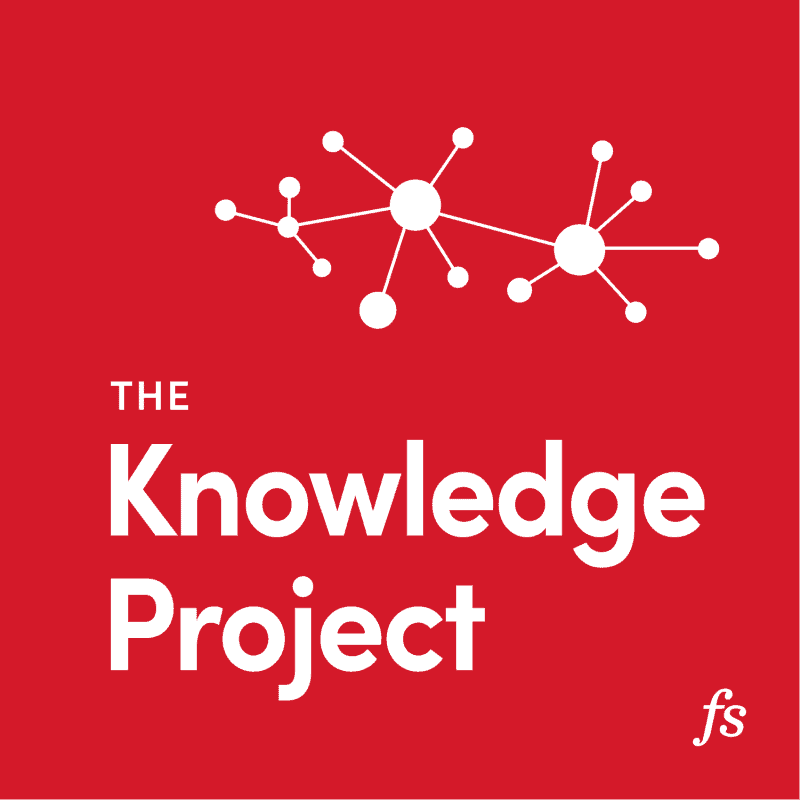
This podcast from The Knowledge Project (Ep. #60) features an interview with Jim Dethmer, Founder of the Conscious Leadership Group, and explores the concept of leading from above the line. The episode delves into Dethmer's insights on conscious leadership, self-awareness, and accountability. Dethmer emphasises the importance of taking responsibility for one's thoughts, emotions, and actions, and provides practical strategies for leading with intention and integrity. The conversation discusses the impact of unconscious behaviours, operating from a place of love rather than fear and anger, and the transformative power of “the line.”

This Marginalia article explores the art of constructive criticism and offers insights from philosopher Daniel Dennett on how to engage in intelligent and respectful arguments. The article outlines four steps to compose a successful critical commentary and its gold. Here’s the gist:
- You should attempt to re-express your target’s position so clearly, vividly, and fairly that your target says, “Thanks, I wish I’d thought of putting it that way.”
- You should list any points of agreement (especially if they are not matters of general or widespread agreement).
- You should mention anything you have learned from your target.
- Only then are you permitted to say so much as a word of rebuttal or criticism.
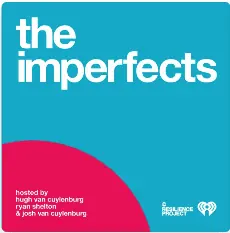
This podcast episode from The Imperfects features Ash Barty’s performance and mindset coach Ben Crowe sharing insights on how individuals can cultivate their inner fan to enhance their well-being and success. Crowe emphasises the importance of self-belief, self-compassion, and positive self-talk as tools for overcoming self-doubt and unlocking one's potential. He provides practical strategies for building resilience, managing setbacks, and embracing failure as opportunities for growth.

This podcast from The Knowledge Project (Ep. #99) features CEO whisperer Kris Cordle discussing the concept of ego and its impact on our lives. Cordle delves into the challenges of ego-driven behaviours, such as defensiveness and the fear of failure, and offers insights on how to recognise and release the ego's hold on our thoughts and actions. Through personal anecdotes and practical advice, the episode provides valuable perspectives on developing self-awareness and cultivating a healthier mindset for personal growth and fulfilment.

Watch this great video from the Conscious Leadership Group that explores the concept of above and below the line and the significance of self-awareness in conscious leadership. By understanding how our thoughts, emotions, and reactions influence our interactions and decision-making, we can locate ourselves above or below the line and regulate our internal state to respond more consciously and authentically. With practical insights and examples, the video underscores the transformative power of self-awareness in cultivating effective leadership and fostering positive organisational culture.
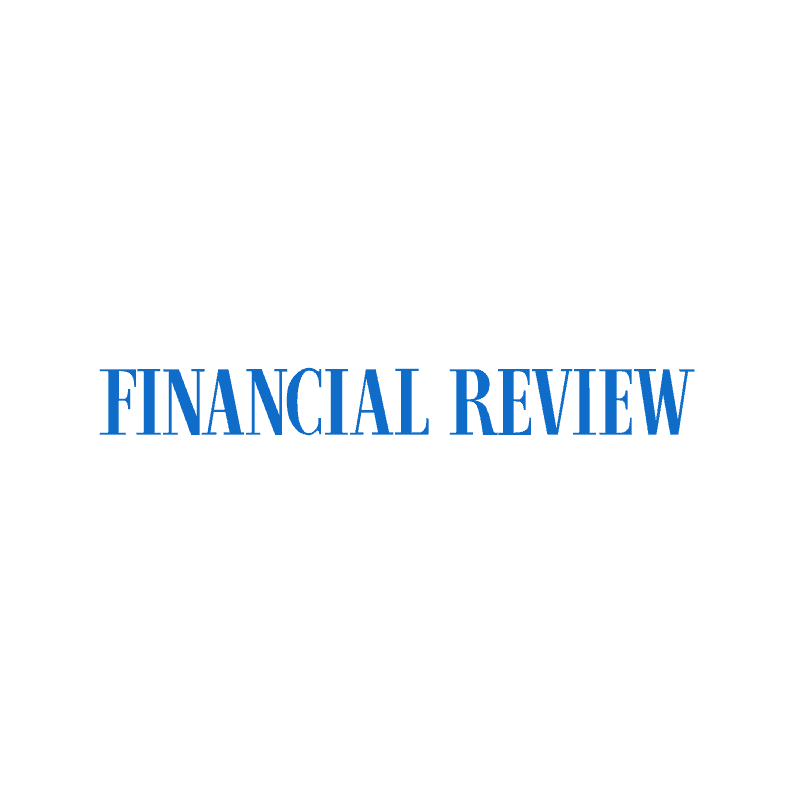
This AFR article explores the relationship between happiness and effective leadership. Leaders who prioritise their own happiness and well-being are more likely to inspire and motivate their teams, foster a positive work culture, and achieve better results. The article highlights the importance of self-care, emotional intelligence, and the role of positive emotions in enhancing creativity, problem-solving, and decision-making. By focusing on happiness as a leadership priority, leaders can create an environment that promotes employee engagement, resilience, and overall organisational success.

This video from the Conscious Leadership Group explores the dynamics of the ‘drama triangle’, a psychological model that illustrates common roles and interactions in unhealthy relationships and group dynamics. The video explains the three characters of the drama triangle: Victim, Villian, and Hero, and how individuals can unintentionally get trapped in these roles, perpetuating drama and disempowerment. By providing insights and tools to break free from the drama triangle, the video encourages conscious leadership to create more empowering and collaborative environments.
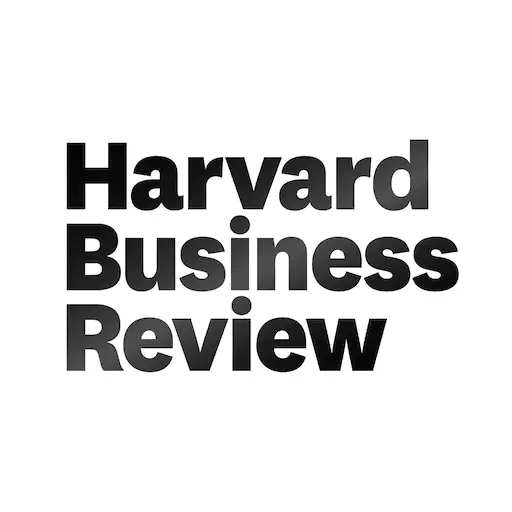
In this HBR article, leading organisational psychologists Robert Kegan and Lisa Lahey address the common frustration of leaders and organisations when it comes to initiating and sustaining change. They argue the primary obstacle to change lies within individuals and their inherent resistance, or immunity to change. This stems from competing commitments that result in unconscious behaviours that undermine their efforts. The authors offer a framework for understanding and overcoming immunity to change, enabling leaders to facilitate more effective and sustainable transformations.

This video from the Conscious Leadership Group explores the concept of unconscious commitments and their impact on our lives. It covers how hidden beliefs and unconscious patterns of behaviour can shape our actions and outcomes, often contradicting our conscious intentions. It prompts us to reflect on our own unconscious commitments and invites us to uncover and examine hidden drivers.

This Forbes article explores the "Zone of Genius" concept and how to tap into it for personal and professional growth. Your Zone of Genius is the space where your unique talents, passions, and strengths intersect. You can identify your zone through self-awareness and reflecting on moments of flow, seeking feedback, and focusing on the work that brings fulfilment and exceptional results. By understanding and intentionally operating from your Zone of Genius, you can unlock your highest potential and maximise your impact and satisfaction.

This HBR article challenges the notion of imposter syndrome and encourages individuals to recognise and embrace their accomplishments and capabilities. Imposter syndrome is often a result of societal expectations and internalised self-doubt, rather than a true reflection of one's abilities. The article offers practical tips and strategies to help individuals overcome imposter feelings, such as reframing negative self-talk, seeking support from trusted mentors, and celebrating achievements.
We hope you've enjoyed marinating in ideas that can unleash your potential and enhance your impact on others. It's juicy, lifelong work that's best embraced with a mindset of curiosity, compassion and play. We'd love to hear about any of your favourite authors or podcasters so we can share it here too.
Share: